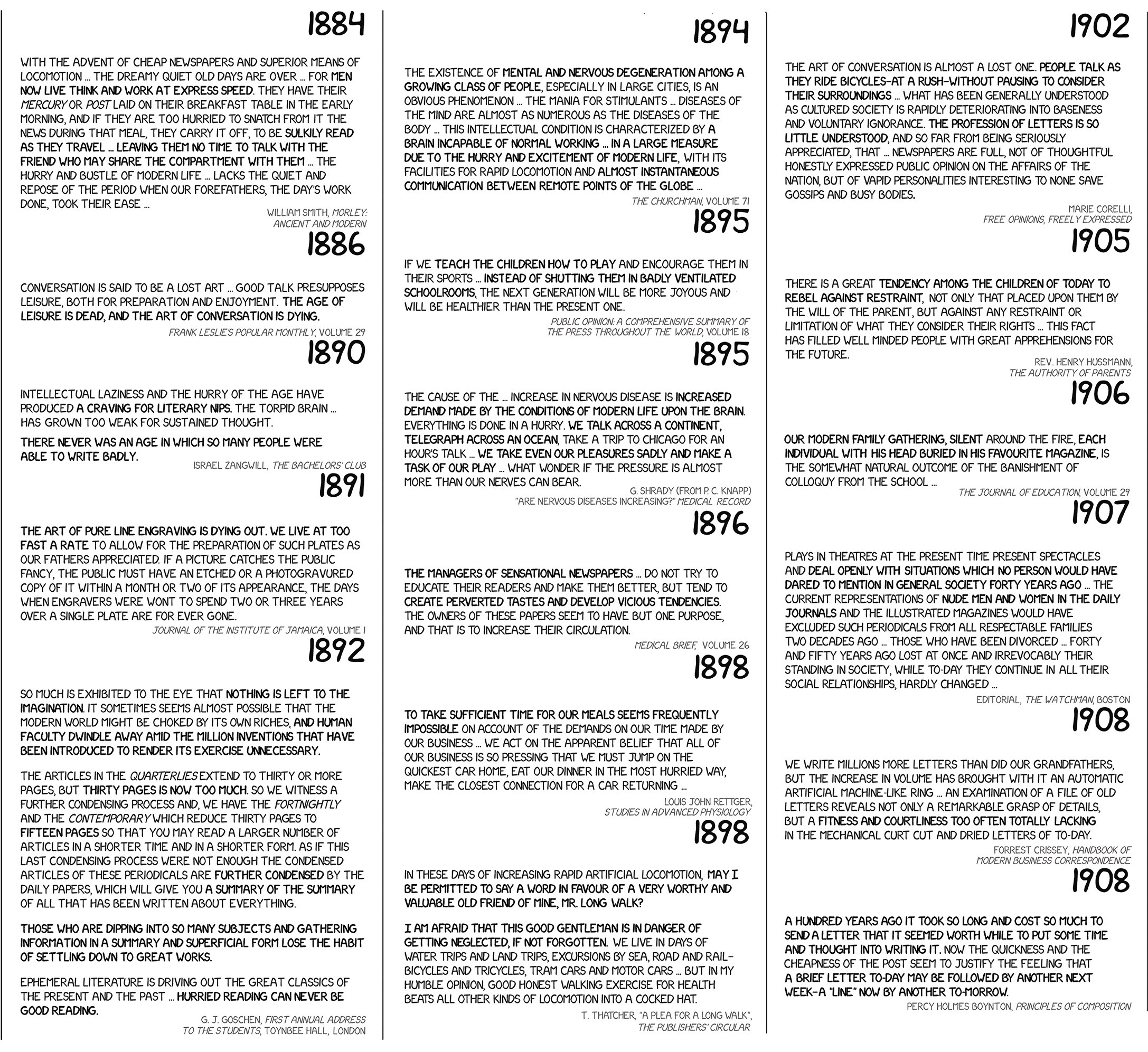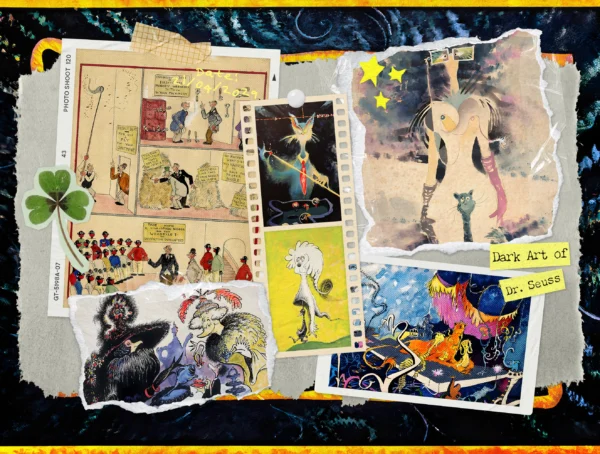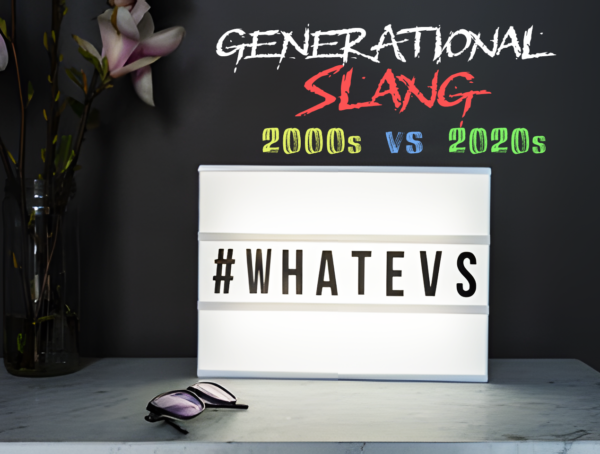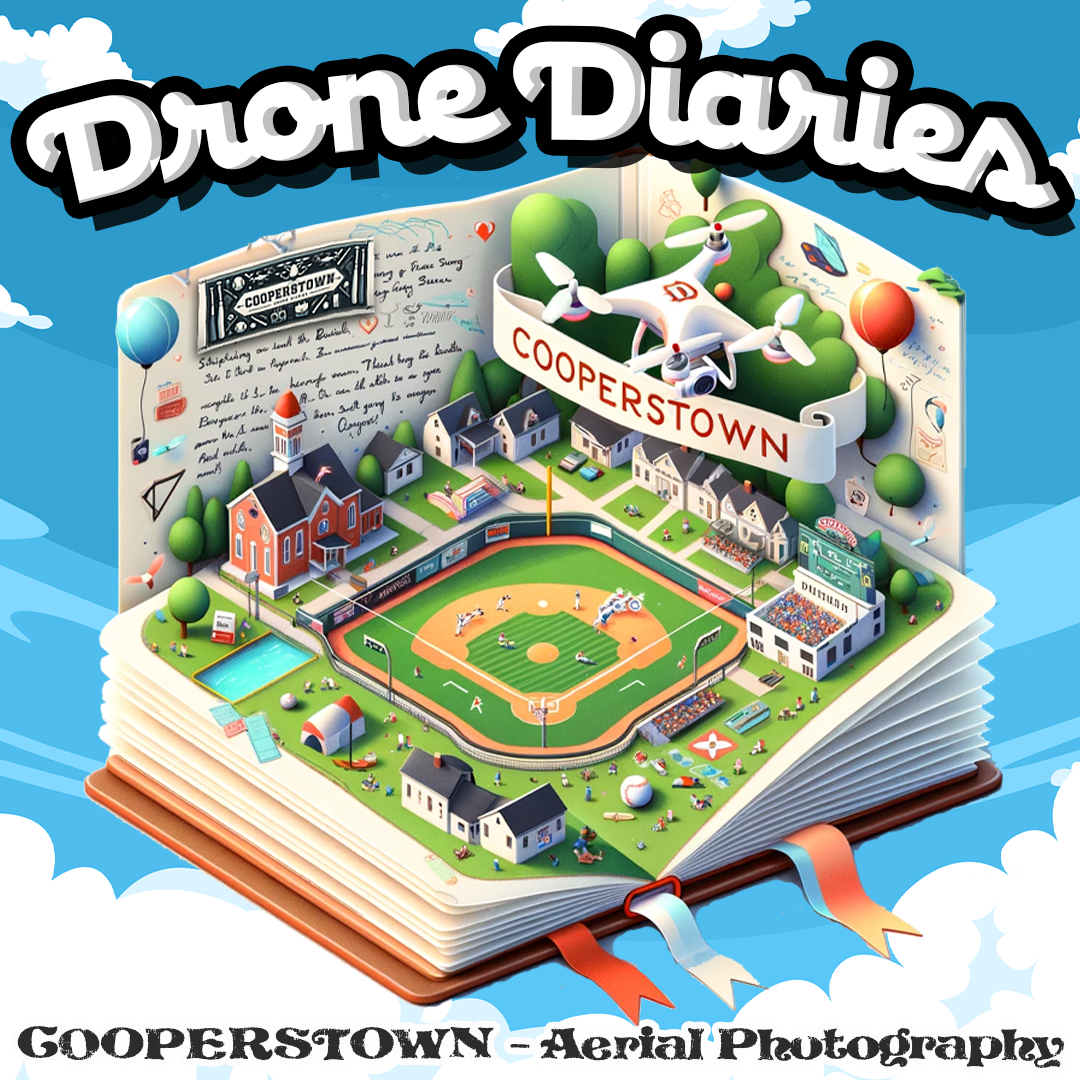
Are Kids These Days Really Worse?
We’ve all seen this before! A teenager walks down the street so immersed on the phone, with air pods in, totally ignoring the surroundings. Someone older shakes their head. People don’t communicate among themselves anymore. People always say the kids don’t show respect anymore, well go back a few decades and that same teenager’s parents were being blamed for spending hours indoors in front of the TV. Their grandparents? Blamed for wasting time on the phone and not in-person. Their great-grandparents? Getting scolding for tuning radio instead of reading books. It is the belief of all generations that the next generation is doomed.
There’s even a name for it. The sociologist David Finkelhor coined the term Juvenoia for the over-the-top fear that today’s youth are ‘worse’ than those before. Older generations of musicians, writers, journalists, and artists have criticized the youth and their culture since the dawn of time. And it doesn’t seem to get any better; if anything, it gets worse. But were they really? Or is this just the same old cycle repeating itself?
The Oldest Complaint in History
George Orwell put it best: “Every generation imagines itself to be more intelligent than the one that went before it, and wiser than the one that comes after it.”
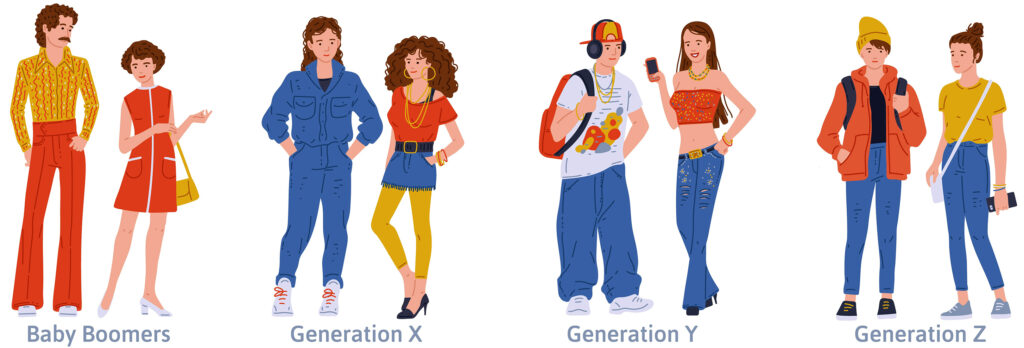
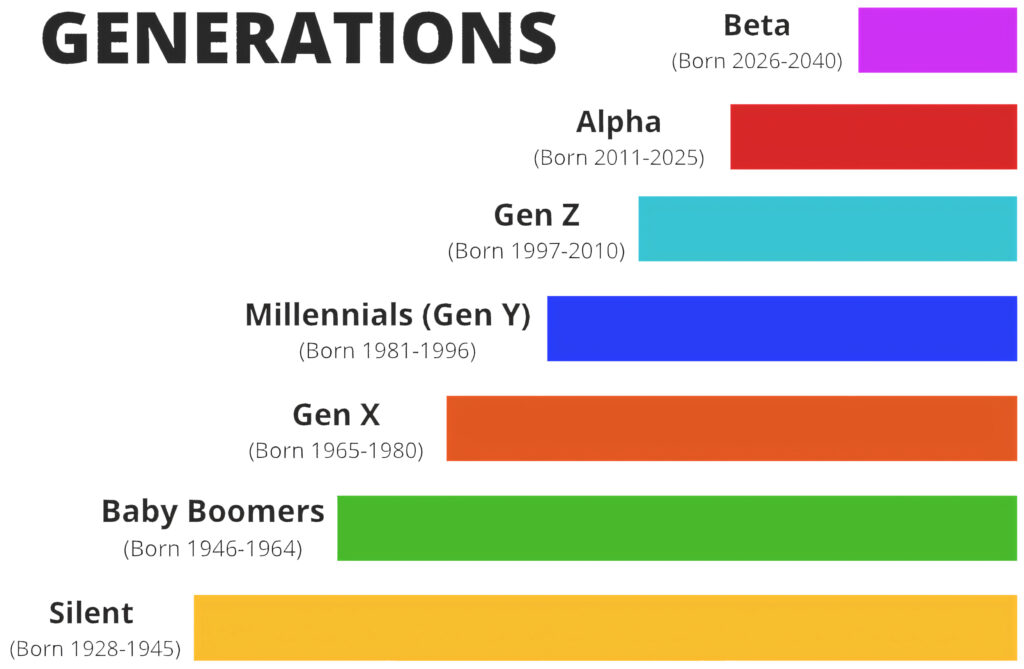
If you think this fear of the younger generation is new, think again. Plato, in Greece, wrote how the youth were disrespectful and lacked self-control. Aristotle claimed that youngsters were spontaneous, careless and thought they knew everything. Even in the 400s BCE, adults complained that the younger generations were not as impressive as they were at that age.

This pattern continues throughout history. A stone engraving from the 1600s bemoaned that things were getting worse in 1627. How quickly we forget the past. That sounds a lot like the complaints we hear today about text messages and emoji use. Critics often lament that modern communication is lacking in depth and nuance, paralleling the sentiments expressed centuries ago. Yet, just as language adapted to the needs and contexts of previous generations, we are witnessing the mechanisms of digital slang evolution today. From acronyms to emojis, each new form of expression shapes and reflects our cultural landscape, reminding us that every era grapples with the complexities of language in its own unique way. Moreover, with the rise of platforms like TikTok and Instagram, language is evolving at an unprecedented pace, giving birth to new trends and expressions that often bewilder older generations. This phenomenon is epitomized by challenges such as the ‘gen z slang test challenge,’ where participants must decode the latest phrases that have become commonplace in youthful vernacular. As history has shown, each generation finds ways to innovate communication, making it both a reflection of their experiences and a bridge to understanding one another across time. This constant evolution underscores the importance of understanding the dynamics of slang development in digital communication. While some may argue that this shift dilutes language, it can also be viewed as a creative adaptation, allowing for richer ways to connect in a rapidly changing world. As we navigate this digital landscape, it becomes clear that the ability to decipher and embrace new forms of communication can foster greater empathy and connection between generations. Additionally, the rise of digital communication has prompted a reevaluation of language norms, including topics like why swearing is so common in online interactions. This trend reflects a desire for authenticity and emotional expression, as people seek to convey their feelings in an increasingly fast-paced environment. As we explore these linguistic shifts, it becomes evident that even the most taboo expressions can serve as a means of connection and solidarity among diverse groups, further enriching our understanding of contemporary communication dynamics.
In 1907, the Journal of Education suggested that families were falling apart because everyone was too busy reading their magazines to talk to each other. A hundred years later, they’re saying that about smartphones at the dinner table.
Over the decades, there was a new panic about a new invention. In the 18th century, the novel finds itself condemned for being addictive and dangerous. In the 1950s, everyone thought that rock and roll would make kids delinquents. In the 1980s, it was said that video games made kids violent and antisocial. Each decade sees one or the other being mentioned that the youth will be corrupting due to the internet over the years.
- 1700s: The Novel finds itself condemned for being addictive and dangerous
- 1950s: Rock and Roll would make kids delinquents
- 1980s: Video Games made kids violent and antisocial
Why Do We Keep Falling for Juvenoia?
One factor is nostalgia bias. Many parents often believe that the next generation has problems that their own generation did not experience. When you think of summers past, it is easier to remember playing darts or running outside for hours than the strop, boredom, or arguments with our parents. Due to this selective memory, it feels like childhood used to be purer and more joyful than it actually was while kids today miss out. What you see was not actually better; it just feels that way.
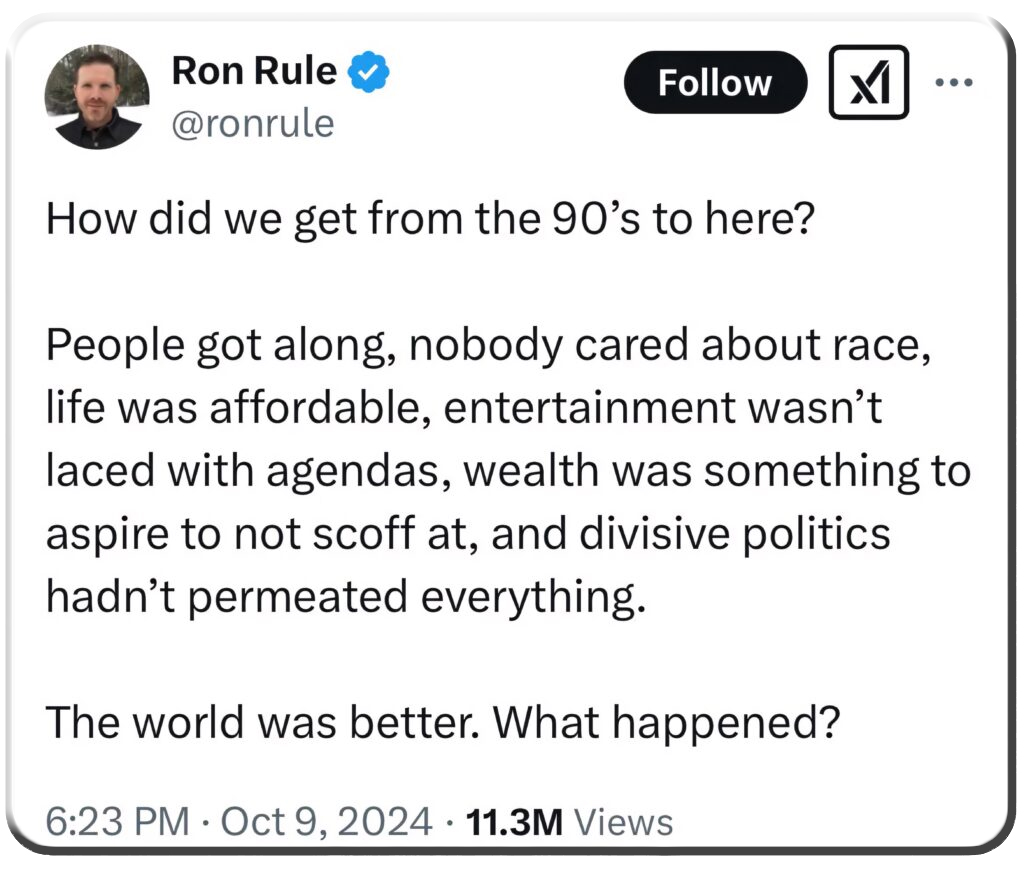
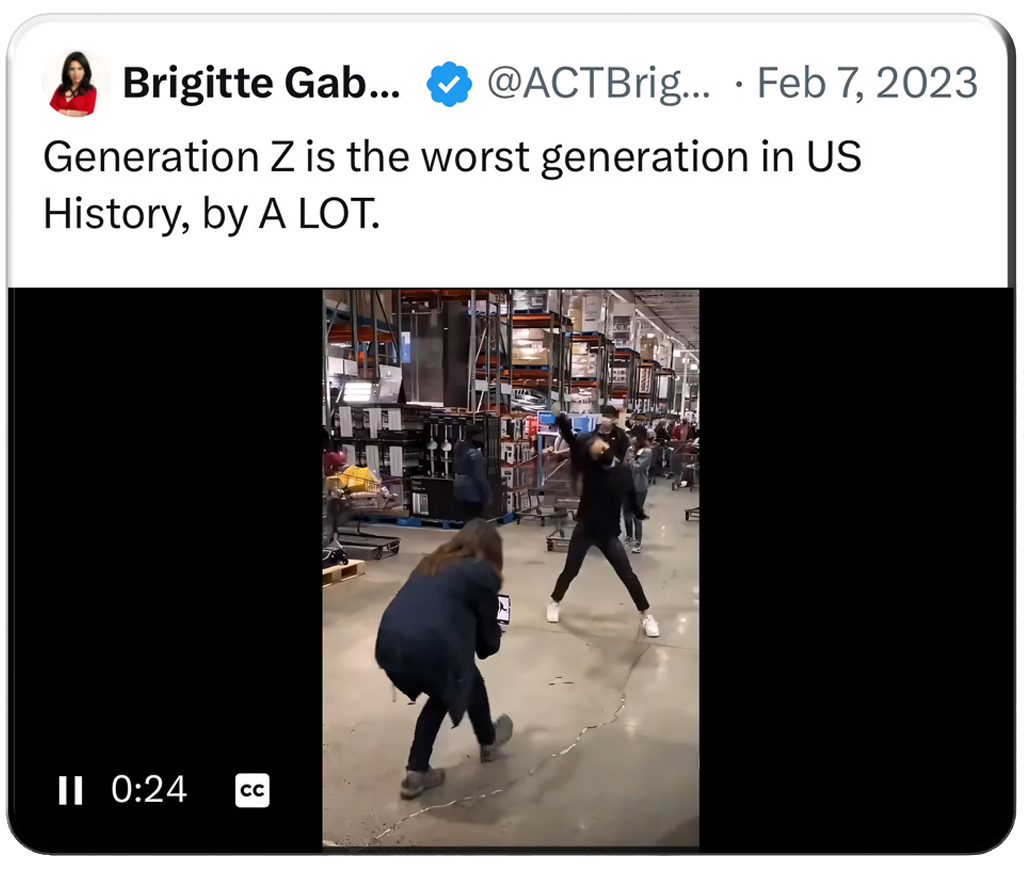
Another reason Juvenoia persists is the fear of change. New tech and cultures are always looked down on, specially by those raised without them.
Waves of worry surrounded the Radio, then the Television, followed by Video Gaming and the Web.
They feared laziness after the printing press was made as it allowed books to be easily accessible. Some critics feared that the telephone would stop people from having real conversations. Waves of worry surrounded the radio, then the television, followed by video gaming and the web.
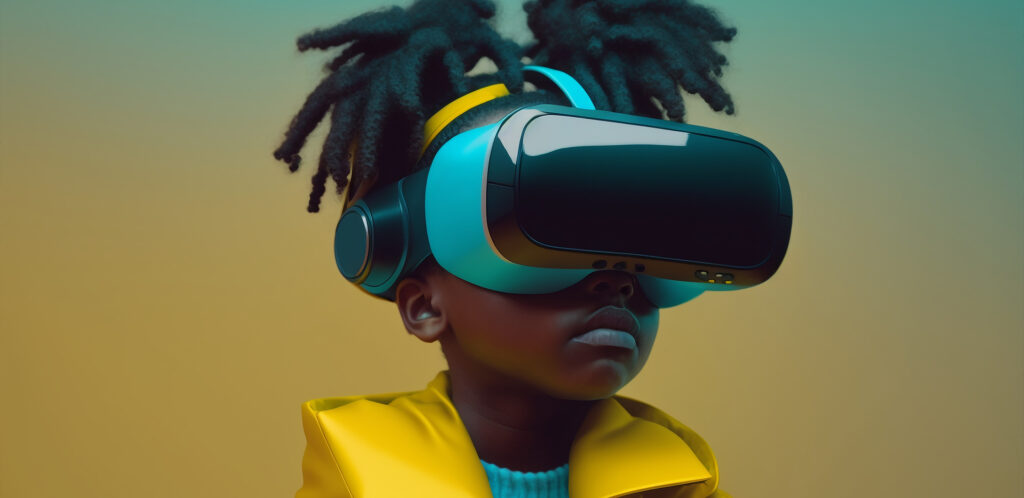
Over the years, these new devices have been accused of being a threat to attention spans and social skills. But warnings are still out there, just changing every generation; yet society persists.
Are Kids Actually Worse?
It seems that generation after generation, societies express concerns regarding the next generation being worst. According to The Better Angels of Our Nature by Steven Pinker, youth crime rates have gone down. Teen pregnancy is at an all-time low. High school graduation rates are higher than ever. Even IQ scores have been increasing for the past century courtesy of the Flynn Effect.
Youth crime rates have gone down, teen pregnancy is at an all-time low, and high school graduation rates are higher than ever.
But, the way info travels, it seems like things are getting worse. The bad news spreads like wildfire. Every video of a youth misbehaving gets enough exposure to go viral. When some teen does something dumb and someone posts a video, it just reaffirms the ‘kids these days’ narrative.
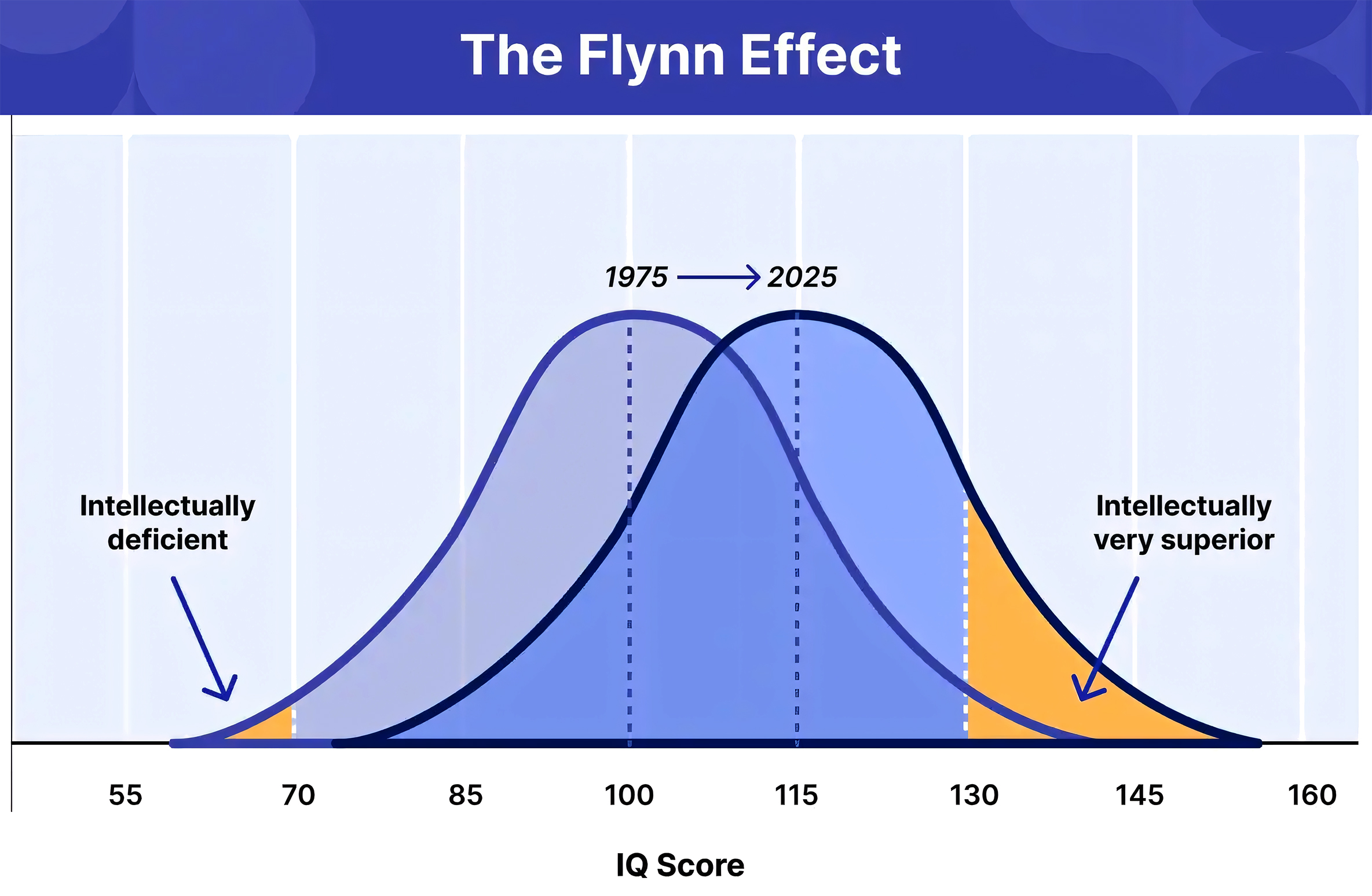
But teenagers have always done reckless things. Teenagers have always done dumb things; except now, we see a video of it that goes viral.
Will Juvenoia Ever Go Away?
Probably not. Worrying about the younger generations may just be hardwired into the human experience. It is rational for older generations to be cynical about changes. If the established way of life worked for them of course any departure would be a threat. After all, they did end up okay. Anything different feels like a risk.
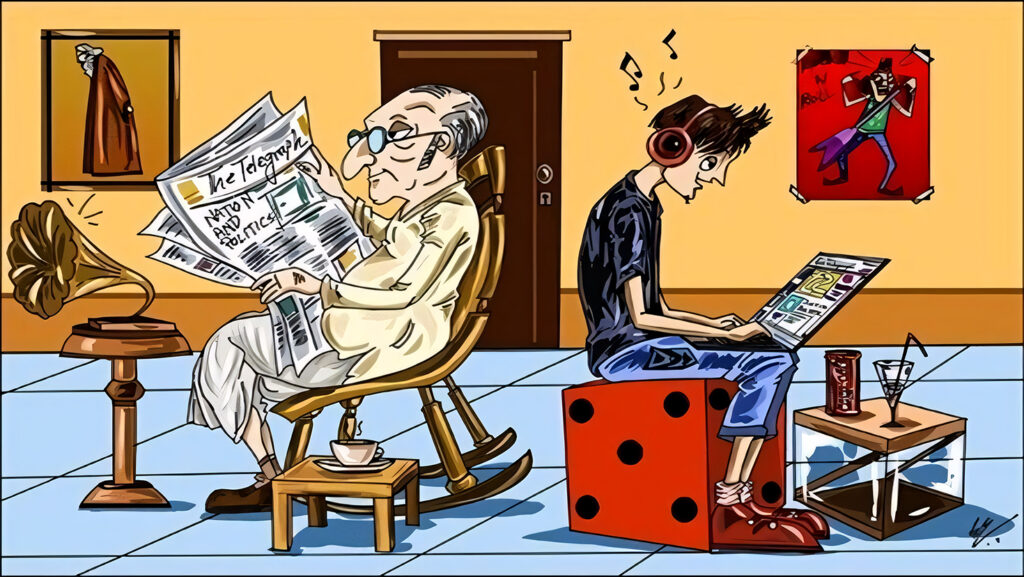
But each generation adapts to its own time circumstances; that’s a fact. Shakespeare was once thought to be lowbrow entertainment. Novels, once thought of as dangerous tripe, are studied in schools. Video games, once thought to damage children’s focus, have been proven to enhance their cognitive abilities and problem-finding skills.
So, are kids today worse than before? NO! They’re just new. Kids today are growing up in a different world and learning to cope with new things just like earlier generations did. Change isn’t a decline—it’s evolution. The cycle of life goes on and on and just like every generation after which was once feared, this one will also soon become the fearing generation. It won’t be long before today’s kids will start saying the same thing. “Back in my day,” they’ll sigh and shake their heads at their kids.

More from Lifestyle
When Dr. Seuss Got Dark: The Lost Illustrations [HIGH RESOLUTION]
Take a look at Dr. Seuss' dark and racist drawings in high resolution. The beloved architect of childhood whimsy, the …
The Mechanics of Slang Evolution in the Digital Age
Imagine slang as a living species. In the wild landscape of language, words compete for relevance. Only the sharpest, flashiest, …
15 Perfectly Timed Photos: You Won’t Believe #13
The World’s Most Perfectly Timed Photos: Through Chaos, Comedy, & Confusion When life itself is just one big laugh, what understanding …










